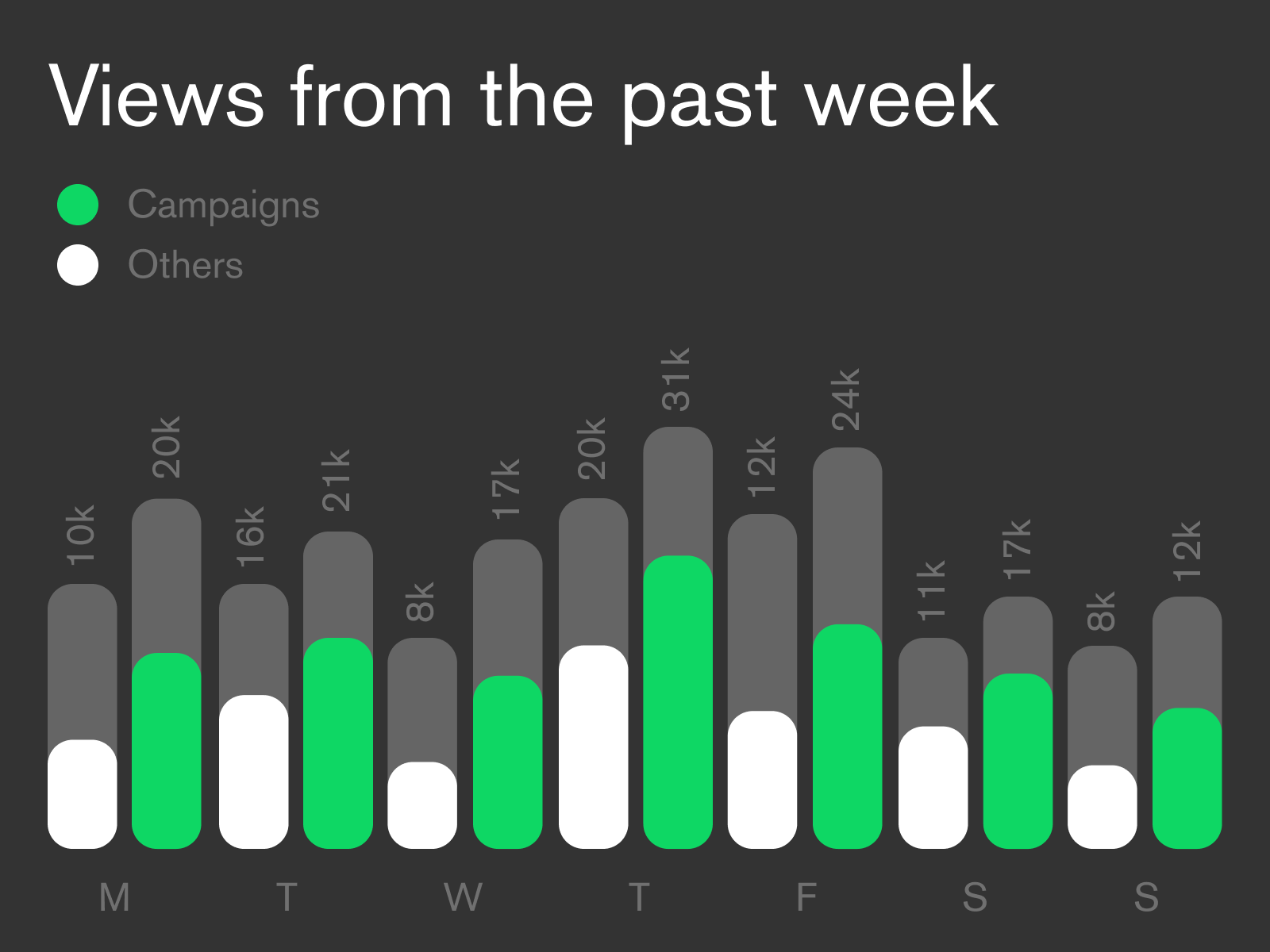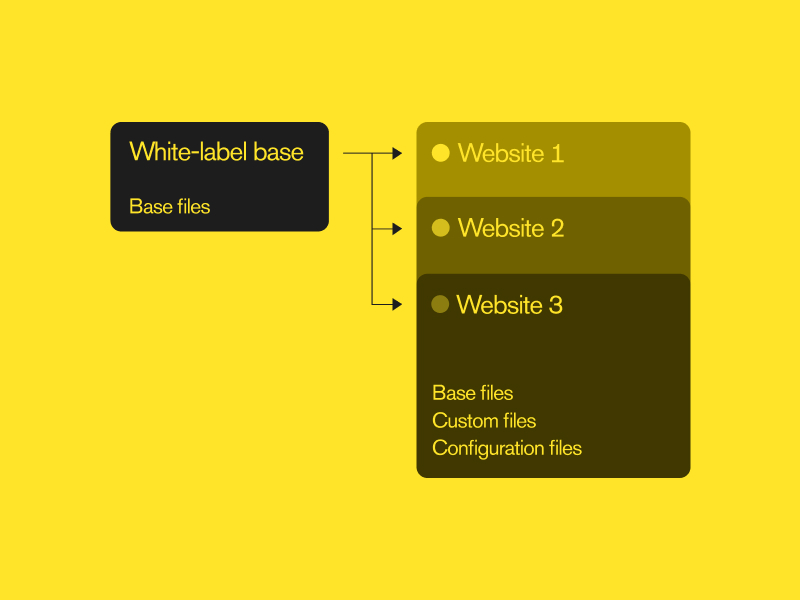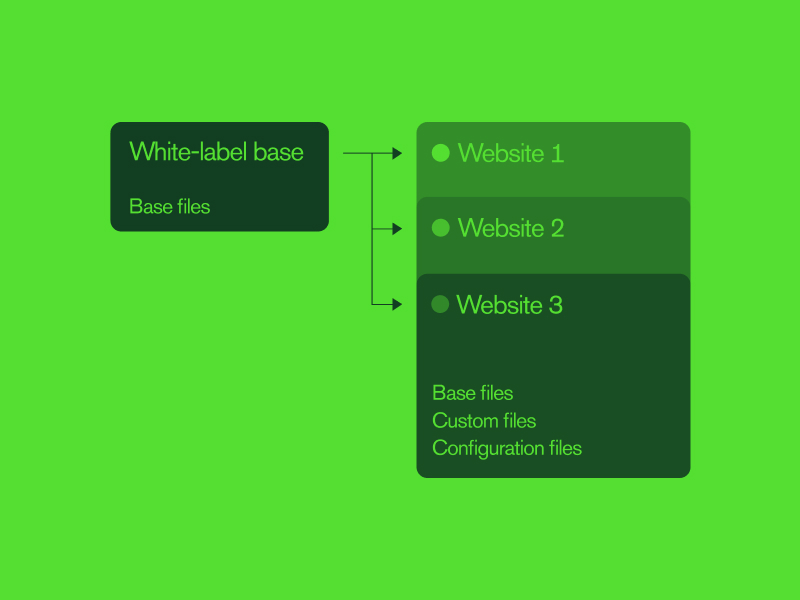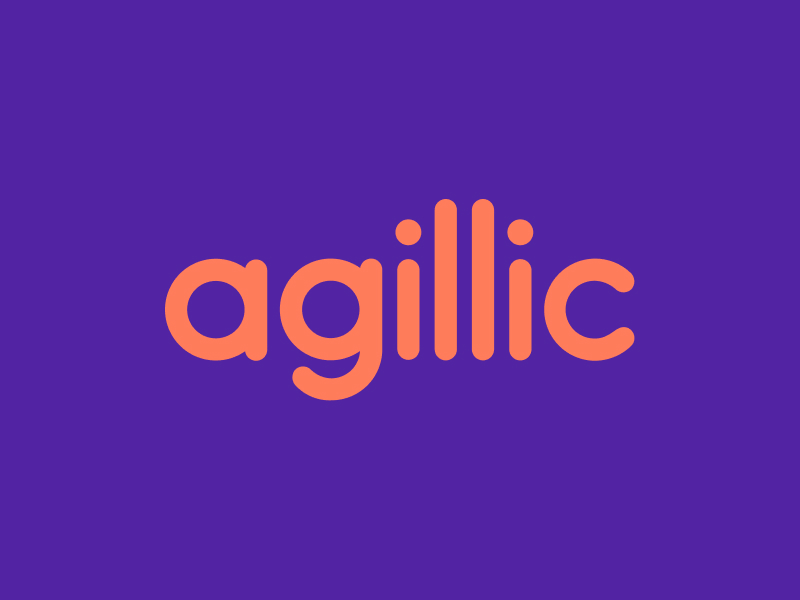Articles
Find our latest news
News, knowledge, points of view, tools, tips & tricks, media coverage – You can find everything that is ‘on air’ about the agency, but not about client solutions. Because those, you will find under our ‘cases’.
2026
2024

26. Sep
Getting Started With Your App Journey
Over the past 10 years, we have witnessed more than a doubling in the number of apps available. This has led to an increasing number of organizations considering whether an app can benefit their operations and enhance the user experience. Deciding whether to develop an app and how to build it requires significant effort. Here at Dwarf, we see great value in exploring when an organization should have an app, when it should not, and the most effective strategies for successful app development.
2023

2022
2021


15. Nov
The Power of White-Label, Part 2
In the first part of this article series, we explored the advantages of the white-label software architecture pattern, and how it makes a lot of sense from a business perspective in certain situations. This second part will focus entirely on the technical details of how a white-label solution can be implemented in practice. We’ll look into how we implemented a white-label architecture for our clients, including the tradeoffs that naturally exist for any software project.

05. Nov
The Power of White-Label, Part 1
In a traditional sense, white-label is defined as such on Wikipedia: "A white-label product is a product or service produced by one company that other companies rebrand to make it appear as if they had made it." This idea isn't new. Create a product once, slap some branding on it, and offer it to various markets with different audiences.






25. Feb
Agillic with a new partner program - Dwarf is their first “GOLD PARTNER”
The publicly listed Danish software company Agillic shows the ultimate recognition to the Danish agency Dwarf. As their first chosen Gold Partner, they truly recognize Dwarf as the leading marketing automation specialists in Denmark, with the most customers on Agillic's omnichannel system.








